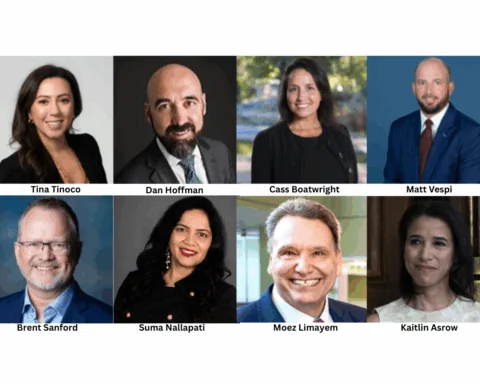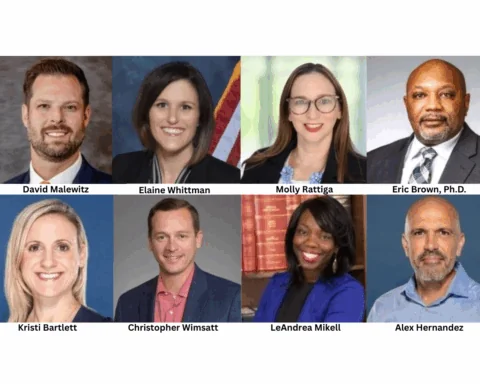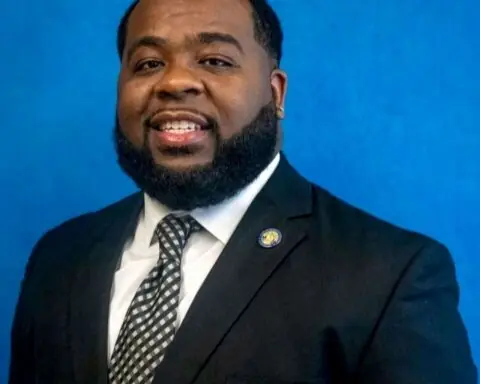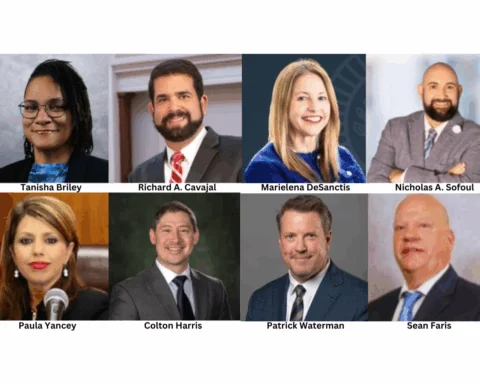Profiles in Power highlights public officials nationwide who are improving their communities through their dedication, enthusiasm, creativity and experience.
This week’s profile is Dr. Stephanie Deitrick, chief data and analytics officer at the Center for Integrated Data Innovation in Tempe, Arizona.
My public career highlights and education: I earned my master’s degree and my doctorate degree from Arizona State University. I spent about a year and a half as a consultant, looking at what the city was doing. I gave recommendations on how they could move forward. I focused on GIS, but I saw the need to build systems that allow collaboration across the city. I had not intended to apply for the job. I was looking for a tenure track position. I wrote a job description and a description of a group I thought would be so cool. I was interested in GIS, public policy and how data is used in public policy. I became the city’s first data and analytics officer.
What I like best about my public service is: Since it was implemented, the city has been very supportive of our philosophy of transparency, and that means providing data to people.
The best advice I’ve received: From a mentor at ASU, Elizabeth Wentz: When you’re faced with pushback, it’s really easy to step back and question yourself and to start to think that maybe you shouldn’t do it or get discouraged. Her advice was basically that I needed to find kind of a middle ground and really pause. To look at myself, to figure out what direction I want to go. You have to be willing to accept the fact that no matter how passionate you are, your direction could be wrong for that moment.
One thing I wish more people knew about my division of public service: We provide open data, but we also provide the tools to help you understand, evaluate and learn more about the data through our website.
A project or initiative we’re currently working on is: We’re working on a police data hub. We’re releasing things in phases. It’s going to be a site where people can go and look at key PD data. It’s related to things like calls for service, which is the first thing we’re putting out, but we’re going to be putting out arrest data and then use of force data. It will be open data, but we’re going to put out contextual information and some dashboards that people can interact with the content.
People might be interested to know that: I was very involved in endurance sports and have competed in six Ironman triathlons. I am very passionate about the work we do, and everybody knows if there’s an opportunity for me to talk about what we’re doing and pull up an example of the work that we do, I will take it.













